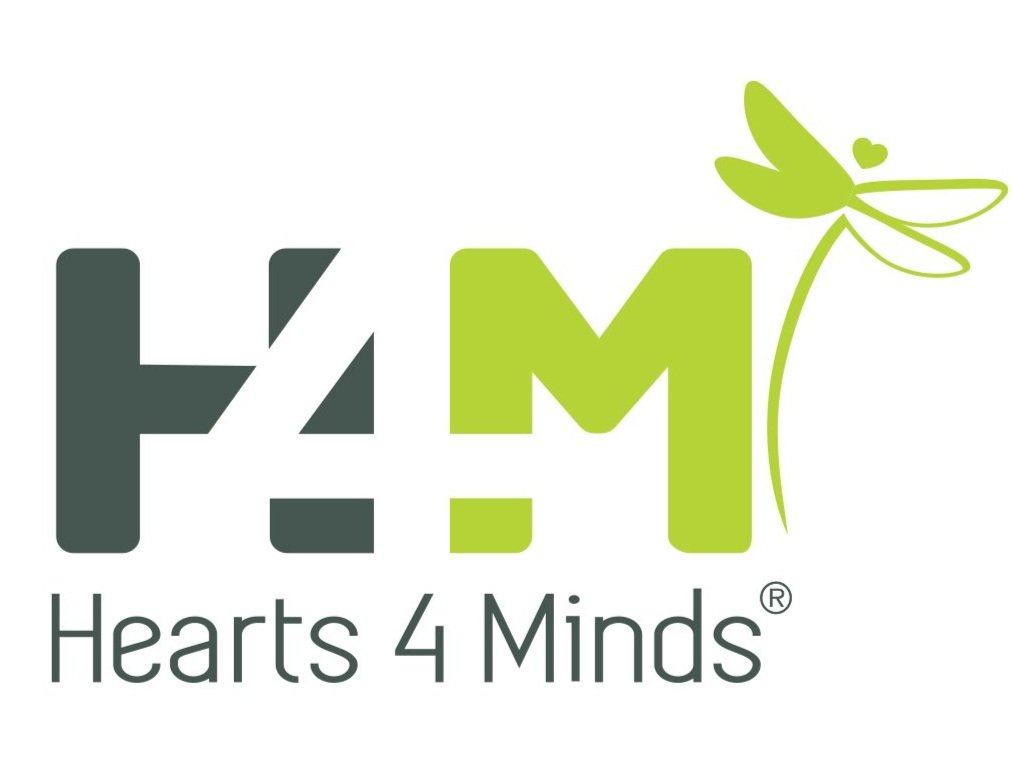Addiction and Substance Use Disorder
WHAT IS ADDITION/SUBSTANCE USE DISORDER?
Addiction and Substance Use Disorder (SUD) are conditions that involve the compulsive use of substances, despite harmful consequences. People with SUD may find it challenging to control their use of drugs or alcohol and may continue to use them even when it negatively impacts their health, relationships, and daily life.
SUD encompasses a wide range of substances, including but not limited to alcohol, opioids, stimulants, sedatives, and illicit drugs. It's important to recognize that addiction is a complex and multifaceted issue, and individuals may experience it differently.
In 2021, 46.3 million people aged 12 or older (or 16.5%) had a substance use disorder (SUD) in the past year
Substance Abuse and Mental Health Services Administration (SAMHSA) [source]
TYPES OF ADDITION/SUBSTANCE USE DISORDERS
-
Alcohol Use Disorder is characterized by a problematic pattern of alcohol consumption that leads to physical and psychological dependence. It can have severe health, social, and economic consequences.
-
Opioid Use Disorder involves the misuse of prescription opioids or the use of illegal opioids like heroin. It can lead to tolerance, withdrawal symptoms, and a strong compulsion to use opioids.
-
Stimulant Use Disorder includes the misuse of drugs like cocaine and methamphetamine. These substances can lead to intense euphoria but also have harmful effects on physical and mental health.
-
Sedative Use Disorder refers to the misuse of medications like benzodiazepines, which are prescribed to manage anxiety and sleep disorders. Continued use can lead to dependence and withdrawal symptoms.
WHAT TREATMENTS ARE AVAILABLE FOR ADDICTION/SUBSTANCE USE DISORDER?
BEHAVIORAL THERAPIES
Behavioral therapies, such as Cognitive-Behavioral Therapy (CBT), can be highly effective in treating SUD. CBT helps individuals identify and change harmful thought patterns and behaviors related to substance use.
MEDICATION-ASSISTED TREATMENT (MAT)
MAT combines behavioral therapy with medications, such as methadone or buprenorphine, to manage cravings and withdrawal symptoms in individuals with opioid use disorder. It can be a crucial part of the recovery process.
SUPPORT GROUPS
Participating in support groups like Alcoholics Anonymous (AA) or Narcotics Anonymous (NA) can provide a sense of community and understanding for those in recovery.
INPATIENT AND OUTPATIENT TREATMENT PROGRAMS
Rehabilitation programs offer a structured environment for individuals seeking help for their addiction. Inpatient programs provide 24/7 care, while outpatient programs allow individuals to receive treatment while living at home.
SELF MANAGEMENT STRATEGIES
Healthy Lifestyle Choices
Exercise: Regular physical activity can help reduce cravings and improve overall well-being.
Nutrition: Eating a balanced diet can support recovery and mental health.
Mindfulness: Practices like meditation and yoga can aid in stress management.
Avoid Triggers
Identifying and avoiding situations, people, or places that trigger substance use cravings is essential for recovery.
Seek Professional Help
Working with healthcare providers and mental health professionals is crucial in developing a personalized treatment plan and addressing co-occurring mental health issues.
Avoid Recreational Drugs and Alcohol
While substances may temporarily alleviate symptoms, they can worsen addiction and interfere with recovery efforts.
HOW DO I GET HELP FOR ADDICTION/SUBSTANCE USE DISORDER?
EDUCATE YOURSELF
Learn about addiction, treatment options, and available resources. Staying informed is a crucial first step.
IDENTIFY TRIGGERS AND STRESSORS
Recognize the situations, emotions, or people that trigger substance cravings and work on strategies to manage them.
PARTNER WITH HEALTHCARE PROVIDERS
Collaborate with mental health and addiction specialists to create a customized treatment plan. Set achievable goals and maintain open communication.
PRIORITIZE HEALTH
Focus on physical and mental well-being through exercise, proper nutrition, and stress-reduction techniques.
AVOID DRUGS AND ALCOHOL
Maintain abstinence from substances and seek support from peers, professionals, and support groups to sustain recovery.
Remember that recovery is a journey, and seeking help and support is a courageous step towards a healthier and more fulfilling life. You are not alone in your struggle with addiction, and there are resources available to assist you on your path to recovery.
